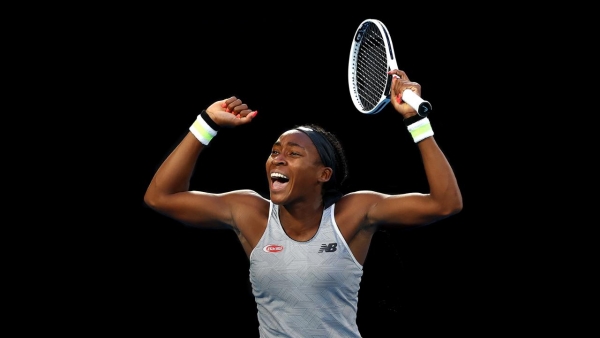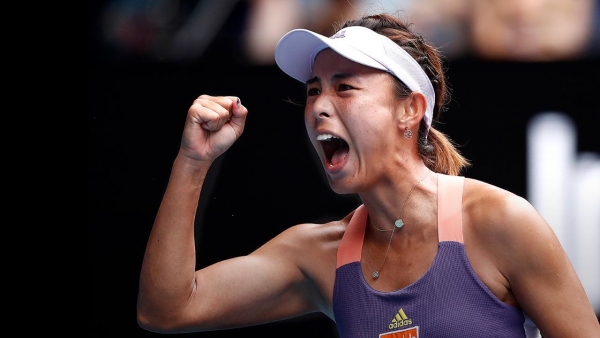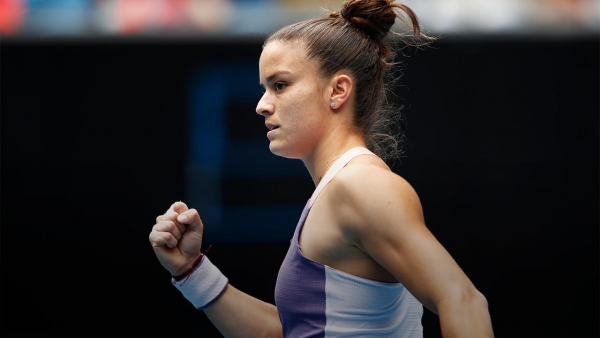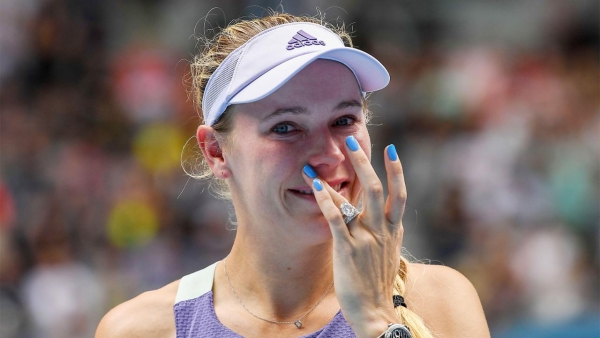Four days into the action here in Melbourne, all top 10 seeds in the women’s draw had made it through to the third round. It was the first time that has happened at the Australian Open since 2007.
By the end of day five, seeds No.3, No.8 and No.10 had all crashed out on a chaotic, yet exciting, Friday at Melbourne Park.
Defending champion Naomi Osaka was sent packing by 15-year-old Coco Gauff, Serena Williams’ quest for an all-time record-equalling 24th Grand Slam was halted by China’s No.1 Wang Qiang, while Madison Keys, who had made the Australian Open second week on each of her previous four appearances, fell to Greece’s Maria Sakkari.
At Melbourne Arena, 2018 champion and former world No.1 Caroline Wozniacki was sent into retirement by the 78th-ranked Ons Jabeur of Tunisia.
While some were sad to bid their favourites farewell, others celebrated the heroics that led to such upsets, the opportunities grabbed by the likes of Gauff, Wang, Jabeur and Sakkari, and the uncharted territories these challengers are about to explore.
Gauff and Wang are not in the fourth round of a major for the first time, but they had never made it this far at the Australian Open. The pair share a common narrative in how they avenged their heavy defeats from last autumn’s US Open, by turning the tables on their opponents just a few months later, giving them a taste of their own medicine on the sunny courts of Melbourne Park.
Gauff was in tears after she lost in straight sets to Osaka in the US Open third round last September. When Wang played Williams that same tournament, she only won one game in a 44-minute rout.
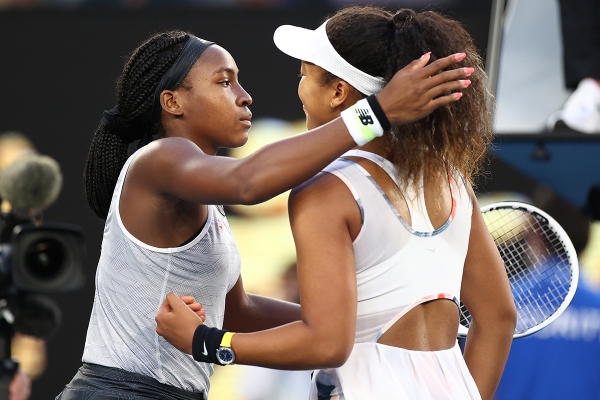
The work they must have put in over the past four months to get themselves in the position to beat those very opponents on the big stage must have been remarkable. They’re not just fast-learners, they’re also great at applying what they’ve learned.
“I learned a lot from that US Open. Not even just playing against Naomi, but the whole tournament,” Gauff said on Friday.
“I think I was on edge, and I had the three-setters in the first two rounds of the US Open, and I think that was just dealing with all of the media. I feel like now I'm more playing, just having fun. And, I mean, winning is a cherry on top, but I'm honestly having a lot of fun on the court, even in those tight situations.”
Wang had said that Williams’ power overwhelmed her at the US Open. She went into the off-season specifically wanting to get stronger to she wouldn’t feel that way again on court.
“I always believed I can do this one day. But I didn't know which day, but is coming today. I am really happy to see it happened. I did really hard work in off-season, so it has paid off,” said the 28-year-old Wang.
“Really hard work, hard work in the gym. I think I have more power than last year.”
For Jabeur and Sakkari, Friday was a day they finally got to snap their fourth-round hoodoo.
Sakkari had fallen in the third round stage at a Slam on seven previous occasions. Jabeur lost her first two third-round matches at the majors.
They both started 2020 saying that they wanted to push themselves further than they’d ever gone. Sakkari said she had her best off-season to date and, according to her coach Tom Hill, is playing with newfound confidence that definitely showed against Keys, who is renowned for making regular deep runs at the Slams.
Buoyed by her adoring Greek fans, Sakkari has reached a maiden fourth round at a major on her 17th Grand Slam main draw appearance. There is so much beauty in that kind of persistence.
Jabeur’s win over Denmark’s Wozniacki had historic significance as she became the first Tunisian – man or woman – to make the fourth round at a Slam, and the first Arab woman to ever achieve that feat. It says a lot about the impact she is having when photos emerged of cafes in Tunisia, open at 3:00am and showing Jabeur’s match on their TV screens. Time zones don’t matter when history is on the line, I guess.
Wozniacki spoke after the match at how she hopes part of her legacy would be to inspire players from small countries to dream big, the same way she did. It was somehow fitting that the last match of her career came against someone like Jabeur, who isn’t just flying the flag for Tunisia, but is tearing down barriers for women across the Arab region.
“I’ve always had a lot of respect for her game. She is a tricky opponent. Makes the most out of her ability, she has great hands, great serving, she has good net play, she makes the opponent feel very uncomfortable out there. I say, do what you’re doing, because she’s already beaten a lot of good players. And if she can consistently play on this level she can make great things, she just needs to keep believing in herself,” Wozniacki told ausopen.com when asked about Jabeur.
They are words Jabeur will no doubt carry with her into her next clash against Wang.
Friday was a friendly reminder that in every upset, there is an inspiring breakthrough story that deserves to be told.
